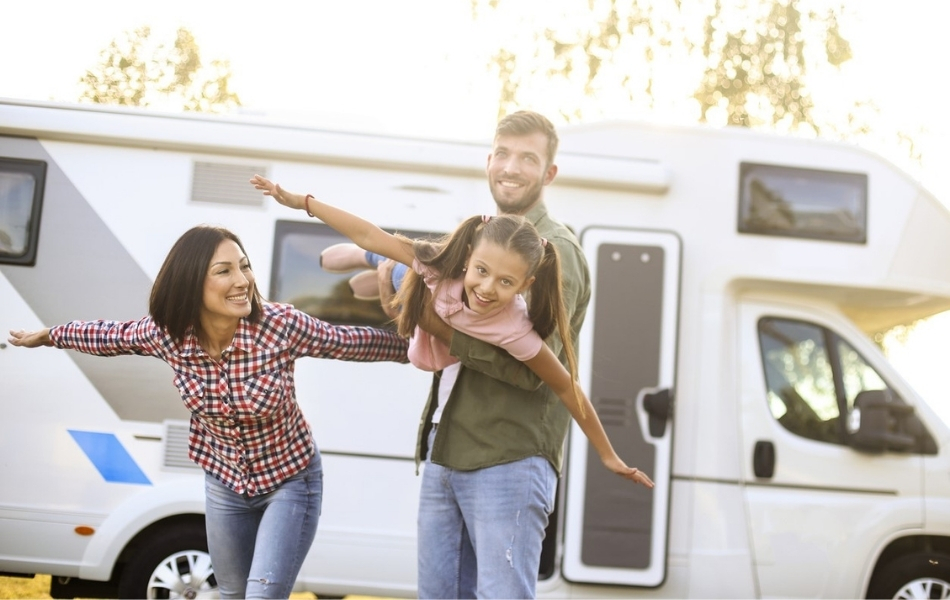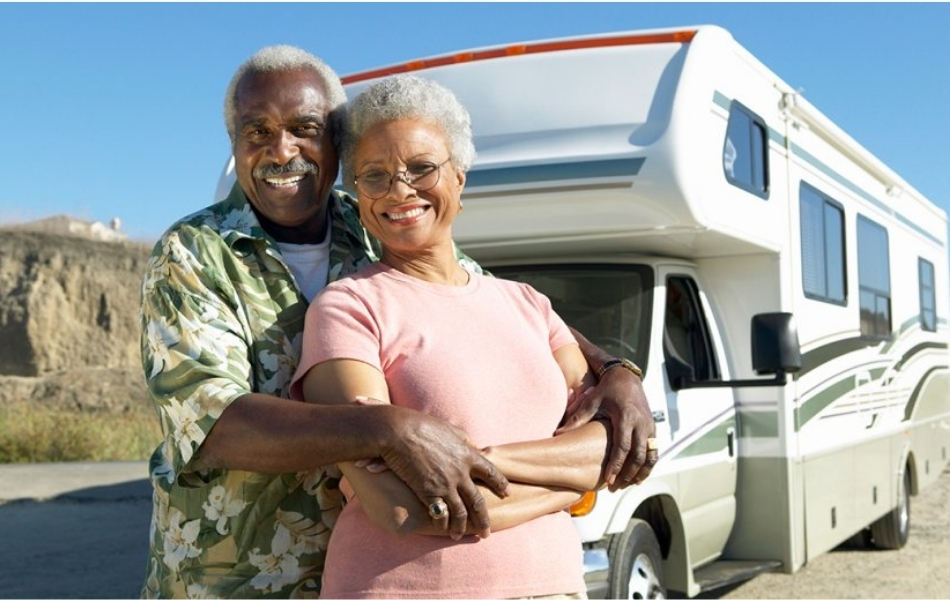The world of RV and motorhomes is having a great boom in recent years, and more so now in times of pandemic. In this article, together with Zervs, we are going to give you 10 basic tips to enjoy your first camper or motorhome experience. Type of vehicle, destination, where to sleep, applications, loading and unloading of water …
Choose the model that best suits your needs.
For this, it will be essential to know how many you are (family, partner …) and the type of trip you are going to do, especially for mobility. The bigger a camper/motorhome is on the inside, the bigger it is on the outside – watch out for this double-decker motorhome.
This is about sacrificing comfort for agility. If you take a well-equipped small van, you will get where you want; If you take the super motorhome equipped with all the luxuries, you will have to take a good look at where you are because it does not fit in many places.
- Camper: very agile, perfect for two or a couple with 1-2 children
- Camper with bathroom: agile, perfect for two or a family of 3-4. Total independence. Let’s say it’s a perfect balance because you sacrifice space, but you have everything.

Motorhomes:
- Basic (2-4 people): wider than a Camper, more space, greater overhangs, and consumption.
- Medium (4-6 people): everything fits here, a lot of space, and a lot of exterior volumes to move around. Higher consumption.
- Comprehensive (2-4-6 seats): authentic mobile chalets, comfortable like a house, but very wide and not very agile.
Choose the destination and enjoy the road
Not everything is to go as far as possible and spend hours and hours behind the wheel while the family dozes or plays at the console. You have to enjoy the road, do days adapted to everyone’s needs. You can plan a route and stop at the places that catch you on the way. The journey is the path itself; the final destination does not matter so much.
Plan (a little) where to sleep and what to see
We are not referring to going with the established itinerary and the immovable stages, because the good thing about traveling in this way is that we can ride without plans, and if we like where we are, stay a few more days, or if we don’t like it, go off whistling.
If not, at least, know each day where we are going to sleep before nightfall. Because it is very cumbersome to find a place to spend the night with the night already over. It has happened to all of us …

I sleep, but where?
This is what usually brings everyone upside down, and more if we are neophytes in this world. There are many variables and no one has the philosopher’s stone:
Camping: there are people who go camping, they bet on a controlled environment, 100% safe and with services. Cons: 100% civilized (sometimes ) and you always have to pay.
Motorhome and camper areas: there are more and more, public and private, some better, others worse. They are a balanced option between spending and services.
In some states, free camping is not allowed, but we are not going to camp, we are going to spend the night. In other words, to spend the night, not to set up the stall in the town square. There is a lot to talk about here because each town has its municipal ordinance and each Local Police has its policy in this regard. That is why something that never usually fails, common sense and respect, and if we consult some of the APPs that we put in the following advice it never hurts. Or we ask the one in the van next door if we are not so “millennials”.
Optimize your luggage
Very easy: half of what you are thinking. We fill the suitcase “just in case” and when we return we realize that we have not used even half of our clothes.
Outside of jokes, in terms of clothing, comfortable and all-weather. We are going to travel and there will be changes in temperature, that is, a jacket is not enough, neither is the swimsuit, you never know where we are going to end up. If it can be a soft suitcase or put the clothes directly in the wardrobes, so as not to be with a hard suitcase from top to bottom the whole trip. Flip flops, sunscreen, an essential cap/hat, and a light front is great idea for the night. Do not forget that you are going to be in the field or on the beach.
Ahhh and most importantly, don’t forget the wet wipes, they can get us out of a hurry and save many liters of water. Traveling by camper many people realize that the shower is overrated
As for food, space is also limited, especially since the refrigerator is not the one at home. A first load is fine, but enjoying the local foods and markets in each place we visit is better. Are you going to leave without trying the cheese or the wine of that town? In this way, we also promote local commerce and sustainable tourism.
Each one has its own way of traveling and its pocket size, but gastronomic tourism is gaining followers among AC and Camper users. Many times a restaurant, a bar, or a sale is the perfect excuse to get to “that place”. Not bad, if you can afford it, go from time to time to a restaurant or a typical place to try such a dish. We get out of the van and pay homage to ourselves. At the end of the day, we are on vacation!
Loading and unloading clean and less clean waters
Motorhomes and campervans are mostly autonomous, that is, they usually have everything we need to be able to travel, eat and sleep with our balls … but of course, the water runs out, the batteries sometimes too … and the water tanks have to be emptied dirty and the toilet if we have it.
Clean water: they can carry between 30 and 150 liters of clean water. They are used to wash and scrub. Its use for drinking is not recommended unless we use water purification tablets and we are sure that we have always recharged water in drinking water networks. They are recharged in a tap by means of a hose that we will have to carry with different nozzles. Available in campsites, AC areas, gas stations, or recharging points.
Gray water: is the dirty water from the shower and the sink. It’s soapy water and some grease from the kitchen. The tank is usually sized to clean. They can be emptied at the filling and emptying points of camping and areas or in a sewer, but controlled, never freely. It is recommended not to leave without emptying for a long time, even if they do not fill because especially in summer they can cause bad odors that go up the drain.
Black water: these are the waters of the toilet and usually contain a chemical that is poured into the toilet in liquid or tablets and neutralizes the bad smell and leaves everything a “nice” blue color. They are sewage and we cannot get rid of them anywhere. ALWAYS empty in an authorized place, in camping, areas, or unloading points. As the last option, we should empty it into a toilet bowl. It is what tends to give the most “disgusting”, but once we get used to it, it is not so bad, if we want to ‘decompress’ in our own water it is the price to pay/
Respect, if you don’t stay home
We have left the most important for the last. It does not matter if five people go in a C-15, that you do 500m at a stretch, that the night always catches you to find where to sleep, that you take the very trunk of La Piquer for the weekend, or that you eat barnacles or chopped sandwiches the whole trip…. all our advice does not matter if you are enjoying your trip.
The only thing that doesn’t matter is respect. Respect for what this itinerant tourism means, respect for nature, and respect for others. It is arriving at a place and knowing that we are guests there who are going to share that space with others and with the people of the place.
Let’s enjoy that place, let’s not occupy a place that is not ours, let’s not block the passage of other vehicles or people with our Camper or accessories and, above all, that when we leave it is not noticed that we have been. Let’s collect all our trash and don’t empty our deposits anywhere.

travel changes your life into better
I love to travel, makes me feel free